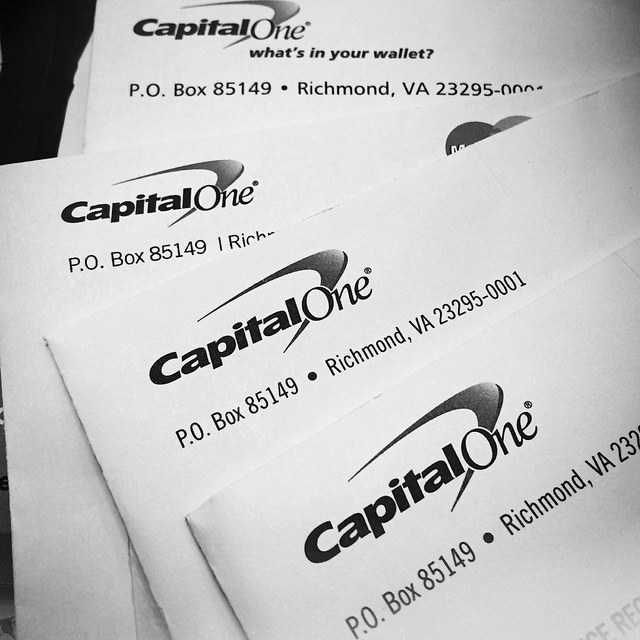On Saturday, 170 women milled about Impact Hub DC in Chinatown for the third Tech Lady Hackathon.
But instead of competing for a prize, participants spent the day attending workshops, networking and collaborating on eight different civic tech projects.
And that’s the point: When founder Leah Bannon organized the first Tech Lady Hackathon in December 2013, she had just overcome her own reservations about being a technologist, and she wanted to help other women feel like they belonged.
https://twitter.com/DCWebmaven/status/630074642917670913
“I always thought like I wasn’t really tech enough,” Bannon said. “Coding was something you had to learn from undergrad.” Instead, she viewed herself more as a social media type.
Those sentiments weren’t just in her head. “My ex told me I wouldn’t be good at coding because I get frustrated easily,” she said.
Bannon began her journey into the tech world as a federal contractor at Booz Allen Hamilton. Surrounded by “the kind of people who [were] exhausted by the idea of a new app,” she felt uninspired. “I didn’t really like my job,” she said.
So she began exploring various tech meetup groups, including Code for DC, of which she is now a co-captain. She even once organized a hackathon for bored government workers on furlough.
Still, Bannon found there was something big missing. “It was so, so male-dominated,” she said.
https://twitter.com/comadrescode/status/630151570034978816
In August 2013, she attended a brunch with the Tech LadyMafia — a wildly popular email listserv started by a local digital media strategist Aminatou Sow — who is now at Google — and Erie Meyer, who currently works in the White House’s U.S. Digital Service.
Bannon easily clicked with the group. “I made 10 friends that day,” she said. “It was a watershed moment in my life.”
Soon enough, she joined Shannon Turner’s free beginner Python courses. She was one of the original “four women … around the kitchen table” at Hear Me Code’s first class in September 2013.
Then, Bannon came up with her own project — one that drew strong enthusiasm from her women-in-tech pals.
“I wanted to trade off the cachet of ‘hackathon,'” she said, while getting women “comfortable with the idea of going to a hackathon.”
So she threw introductory coding classes into the mix as a “gateway drug” for beginners, she said. She also organized pre-parties at Mapbox for networking. And post-hackathon happy hours. And sometimes, as in this Saturday, an after-after.
https://twitter.com/scoffingatyou/status/630150718985510912
Leah Bannon, Tech Lady Hackathon and DC’s community of women coders







